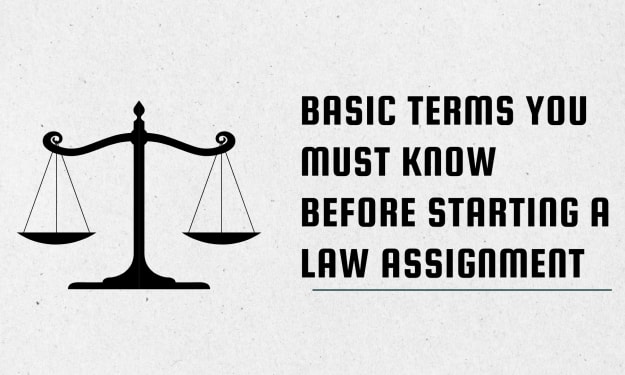WHAT IS DEPRESSION?
Understanding the nature of depression and being aware of available assistance.

Depression, the primary cause of disability globally, poses a greater challenge to comprehension compared to conditions like high cholesterol due to its classification as a mental illness. One key source of confusion lies in distinguishing between experiencing depression and having clinical depression.
Feeling down occasionally is a common experience for almost everyone. Various factors such as receiving a poor grade, losing a job, engaging in an argument, or even encountering a gloomy day can trigger feelings of sadness. At times, there may be no identifiable trigger, and sadness may seemingly emerge out of nowhere. However, as circumstances change, these melancholic feelings typically dissipate.
Clinical depression, on the other hand, differs significantly. It is a medical disorder that does not simply vanish based on one's desire. It persists for a minimum of two consecutive weeks and significantly impairs one's ability to function in work, leisure, and relationships. Depression encompasses diverse symptoms, including persistent low mood, diminished interest in previously enjoyed activities, appetite changes, feelings of worthlessness or excessive guilt, disrupted sleep patterns (excessive or insufficient sleep), difficulty concentrating, restlessness or sluggishness, reduced energy levels, and recurrent thoughts of suicide. Meeting at least five of these symptoms, according to psychiatric guidelines, qualifies for a depression diagnosis. Furthermore, depression extends beyond behavioral manifestations, as it also has observable physical effects within the brain. Notably, these include visible changes such as smaller frontal lobes and hippocampal volumes.
At a microscale, depression is associated with various factors, including abnormal transmission or depletion of specific neurotransmitters like serotonin, norepinephrine, and dopamine, blunted circadian rhythms, alterations in the REM and slow-wave stages of the sleep cycle, and hormone irregularities such as elevated cortisol levels and disrupted thyroid hormone regulation.
Despite advancements in research, the precise causes of depression have yet to be fully understood. It appears to arise from a complex interplay between genetic factors and the environment, but a diagnostic tool that accurately predicts its occurrence and timing remains elusive. Additionally, due to the intangible nature of depression symptoms, it is challenging to identify individuals who may appear fine outwardly but are secretly struggling. Disturbingly, it takes an average of over ten years for someone with a mental illness to seek help, as reported by the National Institute of Mental Health. However, highly effective treatments are available.
Combining medications and therapy serves to enhance brain chemicals and is a commonly employed approach. In severe cases, electroconvulsive therapy, which induces controlled seizures in the patient's brain, has proven highly beneficial. Furthermore, researchers are actively exploring other promising treatments, such as transcranial magnetic stimulation.
If you know someone grappling with depression, it is crucial to gently encourage them to explore these treatment options. You can offer support by assisting with specific tasks, such as researching therapists in their area or compiling a list of questions to ask a doctor. Initially, taking these steps may seem insurmountable for someone with depression. If they experience feelings of guilt or shame, remind them that depression is a medical condition similar to asthma or diabetes. It is not a sign of weakness or a personal flaw, and they should not expect themselves to "snap out of it" any more than they could will themselves to recover from a broken arm.
If you haven't personally experienced depression, avoid comparing it to moments of transient sadness you may have felt. Drawing comparisons between their experiences and normal, fleeting feelings of sadness can induce guilt in those struggling with depression. Merely engaging in open discussions about depression can provide support.
Notably, research indicates that asking someone about suicidal thoughts actually reduces their risk of suicide. Open conversations surrounding mental illness help break down societal stigmas, making it easier for individuals to seek help. The more patients seek treatment, the more knowledge scientists can acquire about.
About the Creator
Karly Cola
Hi, I'm Karly. Join me on a transformative journey of faith, self-discovery, and the celebration of life. Whether seeking solace, inspiration, or a fresh perspective, I pray that my words will leave an indelible mark on your soul.






Comments
There are no comments for this story
Be the first to respond and start the conversation.